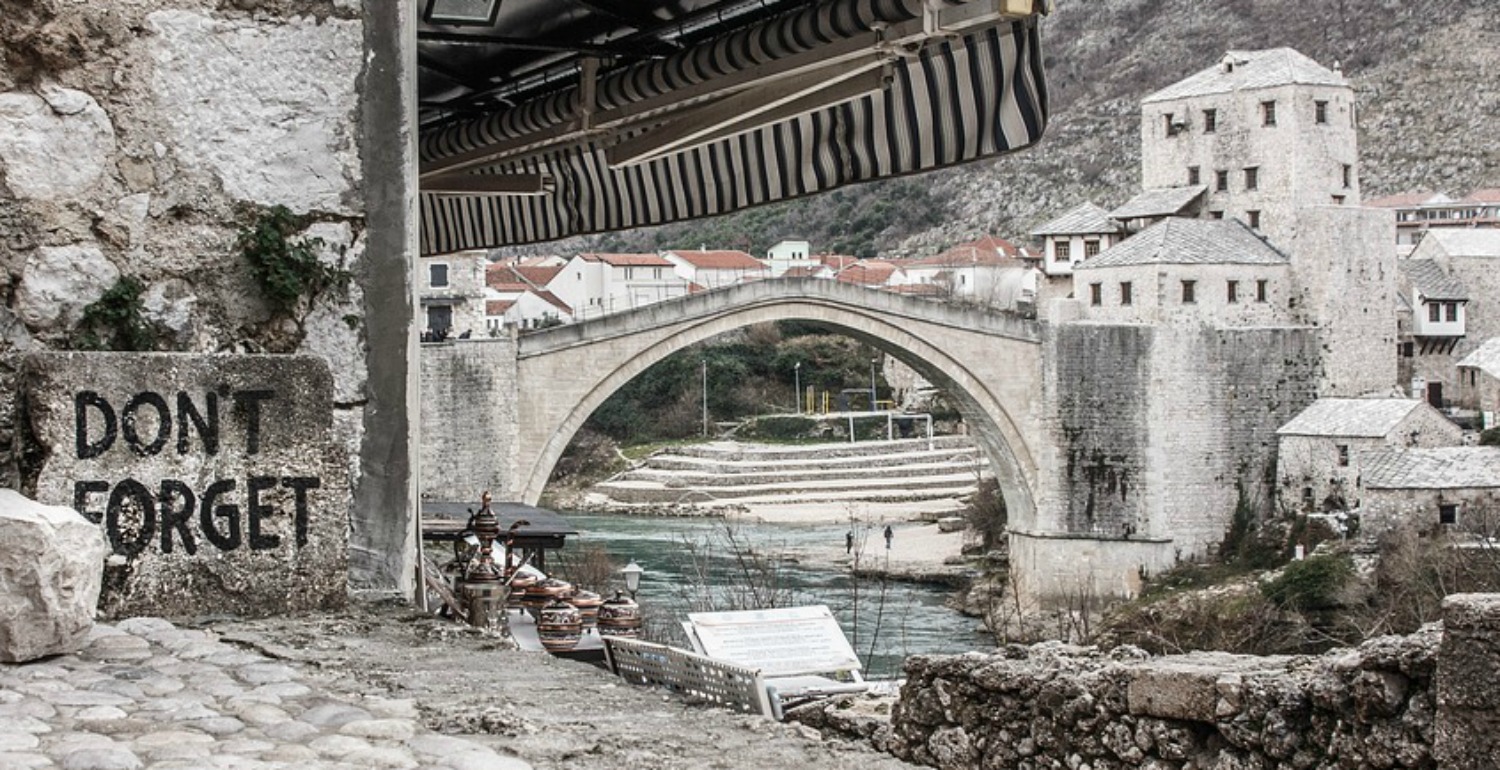The briefing was introduced by Robert Hand, policy advisor at the Commission , who addressed the status of Brcko. Both a city and a district in northern Bosnia-Herzegovina along the Sava River, Brcko borders on the Slavonian region of Croation. Prior to the conflict in Bosnia-Herzegovina in 1992, Brcko had a mixed population, but this was destroyed by the ethnic cleansing. Hand then discussed the strategic importance of Brcko, often called the Posavina Corridor, as it serves as a corridor by which the Serb-held region of western Bosnia is linked to Serbia and to eastern Bosnia.
Witnesses – Frank McCloskey, Special Counsel to the Bosnian Federation; Susan Woodward, Senior Fellow, Foreign Policy Studies, the Brookings Institution; Soren Jessen Petersen, Former UNHCR Special Envoy for the Former Yugoslavia; and Carol Schlitt, Attorney, National Defense University – highlighted the importance of Brcko, which was made evident by the fact that its status could not be agreed upon at the Dayton negotiations. This diverse group of experts concluded by commenting on the future of the region, and on Bosnia-Herzegovina in general.






